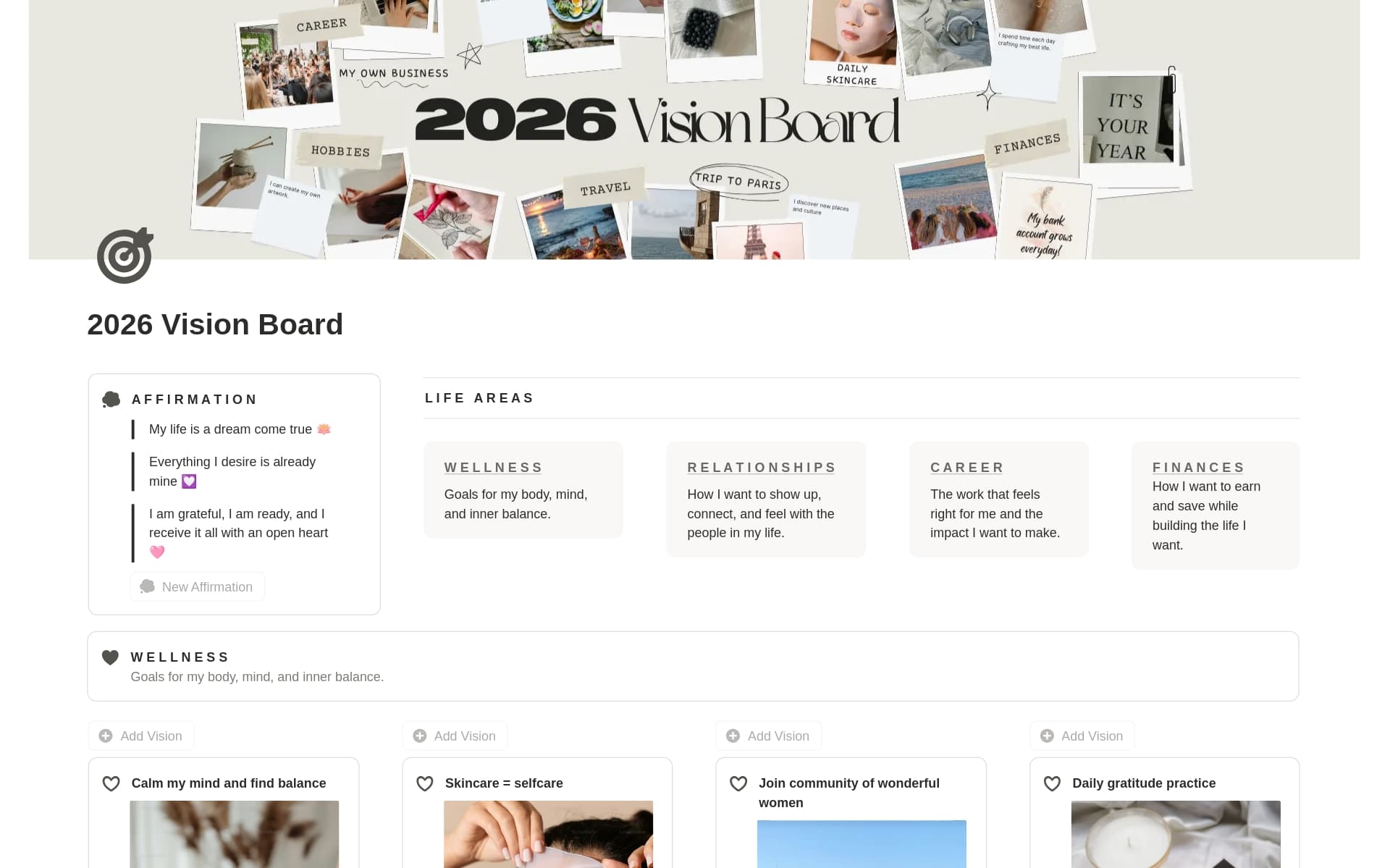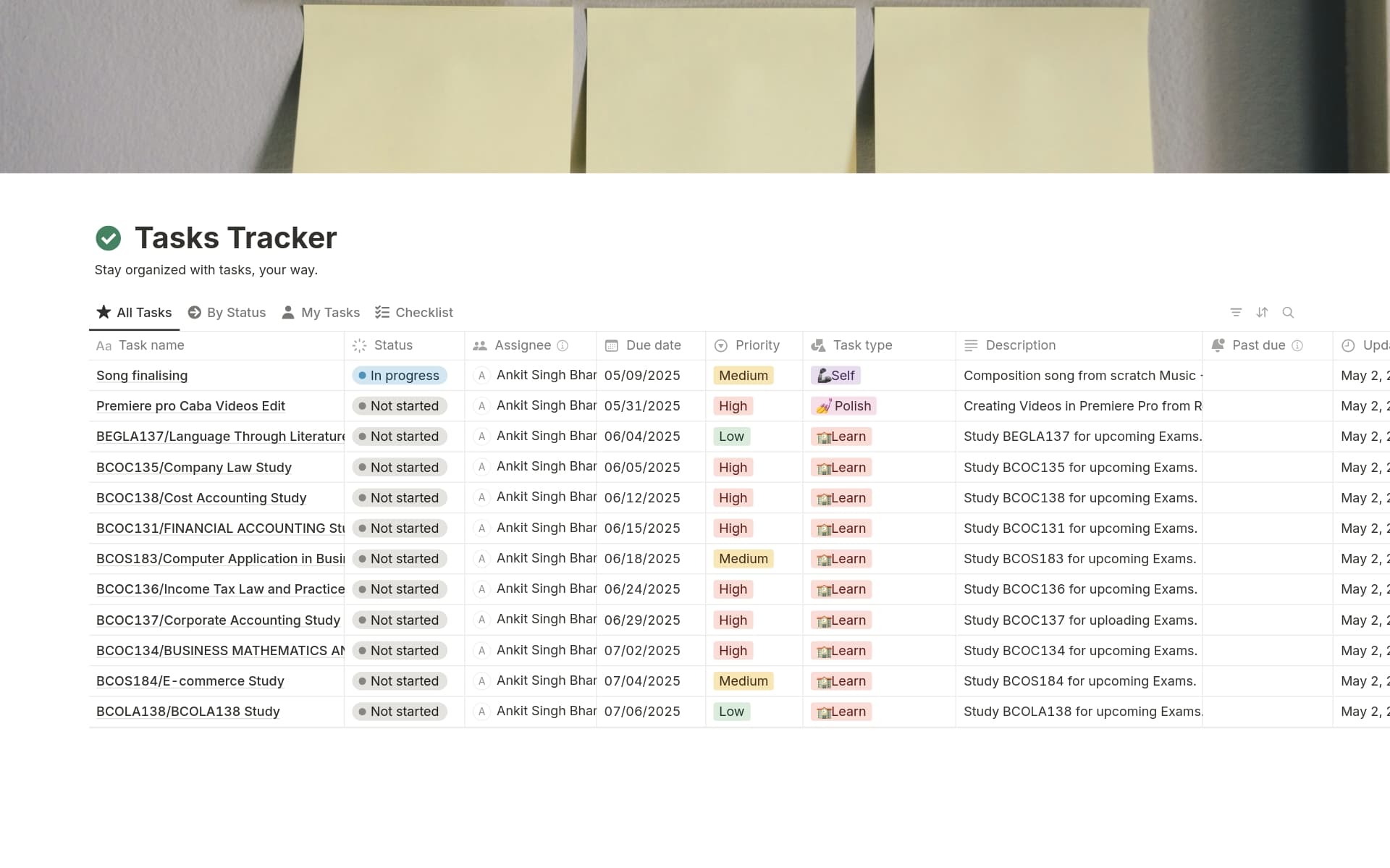For researchers, a content calendar functions as a structured framework for organizing and planning their publication and content dissemination activities. It aids in maintaining a consistent schedule for sharing research findings, blog posts, and updates, ensuring that their work reaches the intended audience at optimal times. A Notion Content Calendar template simplifies this process by providing an intuitive interface for scheduling, tracking, and managing all content-related tasks in one centralized location.
Before embarking on the creation of your own Content Calendar template, consider exploring the examples listed below to facilitate and streamline the setup process.
What Should Content Calendar Templates Include?
Choosing the right Content Calendar Template is crucial for streamlining your research and publication efforts. Here are key components to look for in an effective template:
Project Tracking: This feature should allow you to monitor the progress of each piece of content from conception to publication.
Deadline Reminders: A good template will include automatic reminders to keep you on schedule and ensure timely submissions.
Collaboration Tools: Look for templates that facilitate team collaboration, allowing multiple users to update and modify the calendar.
Integration Capabilities: Ensure the template can integrate with other tools you use, such as email and social media platforms, for efficient workflow.
Selecting a template with these components will help you maintain a clear overview of your projects and enhance productivity.
What Should Content Calendar Templates Avoid?
Choosing the right content calendar template is crucial for streamlining your research and publication workflow. However, some features might complicate rather than simplify your planning. Here are a few elements to steer clear of:
Overly Complex Features: Avoid templates with excessive automation or intricate features that require a steep learning curve. Simplicity is key to maintaining focus and efficiency.
Non-Customizable Layouts: Templates that do not allow adjustments to fit your specific needs can limit your ability to plan effectively. Flexibility in a template is essential for adapting to various research projects.
Rigid Time Frames: Steer clear of templates that enforce strict deadlines or are too rigid in their time structuring. Research often requires flexibility due to unpredictable variables.
Remember, the best template is one that serves as a helpful tool rather than a hindrance, enhancing your ability to manage and execute your research effectively.




